ড. জাকারিয়া হোসন বর্তমানে জাপানের মিয়ে বিশ্ববিদ্যালয়ের পরিবেশ বিজ্ঞান ও প্রযুক্তি বিভাগে সহযোগী অধ্যাপক হিসেবে কর্মরত। তিনি ১৯৯৯ সালে মিয়ে বিশ্ববিদ্যালয়ে যোগদানের পূর্বে, কোবে বিশ্ববিদ্যালয়ের কৃষি ও পরিবেশ প্রকৌশল বিভাগে JSPS পোস্টডক্টরাল ফেলো হিসেবে গবেষণা করেন। তাঁর উচ্চশিক্ষা (M.Sc. Ag. Engg. ও PhD) সম্পন্ন করেছেন কিয়োটো বিশ্ববিদ্যালয়, জাপান থেকে। বাংলাদেশের বাঙালি বিজ্ঞানী হিসেবে, তিনি বাংলাদেশ কৃষি বিশ্ববিদ্যালয়ের কৃষি প্রকৌশল ও প্রযুক্তি অনুষদে রিসার্চ অ্যাসিস্ট্যান্ট হিসেবে কাজের মাধ্যমে B.Sc. Ag. Engg. ডিগ্রি অর্জন করেন।
ড. জাকারিয়ার প্রধান গবেষণা ক্ষেত্র কম্পোজিট ম্যাটেরিয়াল, মাটির স্থায়িত্ব রক্ষা, এবং মাটি-সংযোজিত উপকরণের অন্তর্গত বৈশিষ্ট্য নিয়ে। তিনি পুনর্ব্যবহারযোগ্য ও পরিবেশ-বান্ধব উপকরণ উদ্ভাবন এবং প্রকৌশল কাঠামোর জন্য প্রযোজ্য প্রযুক্তি উন্নয়নে নিয়মিত কাজ করছেন। তাঁর গবেষণার ফলাফল শুধুমাত্র জাপানেই নয়, বাংলাদেশের মতো উন্নয়নশীল দেশে প্রয়োগের সম্ভাবনা রাখে।
💬 প্রশ্নোত্তর পর্ব:
প্রশ্ন: নিজেকে পরিচয় দিন, শিক্ষা ও কর্মজীবন সম্পর্কে কিছু বলুন।
উত্তর: আমি বর্তমানে জাপানের মিয়ে বিশ্ববিদ্যালয়ের পরিবেশ বিজ্ঞান ও প্রযুক্তি বিভাগে সহযোগী অধ্যাপক হিসেবে কাজ করছি। ১৯৯৯ সালে মিয়ে বিশ্ববিদ্যালয়ে যোগদানের পূর্বে, কোবে বিশ্ববিদ্যালয়ে JSPS পোস্টডক্টরাল ফেলো হিসেবে গবেষণা করেছি। আমার উচ্চশিক্ষা (M.Sc. Ag. Engg. ও PhD) কিয়োটো বিশ্ববিদ্যালয় থেকে সম্পন্ন করেছি। বাংলাদেশে আমি বাংলাদেশ কৃষি বিশ্ববিদ্যালয়ে রিসার্চ অ্যাসিস্ট্যান্ট হিসেবে কাজ করেছি, যেখান থেকে B.Sc. Ag. Engg. ডিগ্রি অর্জন করেছি।
প্রশ্ন: আপনার প্রধান গবেষণা ক্ষেত্রগুলি কী?
উত্তর: কম্পোজিট ম্যাটেরিয়াল, মাটির স্থায়িত্ব রক্ষা, এবং মাটি-সংযোজিত উপকরণের আন্তঃক্রিয়া।
প্রশ্ন: আপনার বর্তমান গবেষণা প্রতিষ্ঠান সম্পর্কে কিছু বলুন।
উত্তর: আমি মিয়ে বিশ্ববিদ্যালয়ে কাজ করছি। বিস্তারিত তথ্য পাওয়া যাবে: http://www.mie-u.ac.jp/en/
প্রশ্ন: আপনি কীভাবে এই গবেষণা ক্ষেত্রের প্রতি আগ্রহী হলেন?
উত্তর: আমার আগ্রহ শুরু হয়েছিল আমার স্নাতক পর্যায়ের সময়, যখন আমি ফেরোসিমেন্ট (সিমেন্ট কম্পোজিট) জলাধার ডিজাইন ও তৈরি করছিলাম। এটি আমার নির্মাণ উপকরণে আগ্রহের ভিত্তি তৈরি করেছিল। MSc, PhD ও PostDoc পর্যায়েও এটি অব্যাহত রয়েছে।
প্রশ্ন: আপনার গবেষণা ক্ষেত্রের ভবিষ্যৎ প্রবণতা কেমন হবে বলে আপনি মনে করেন?
উত্তর: ইঞ্জিনিয়ার্ড সিমেন্টিশিয়াস কম্পোজিট (ECC) প্রথাগত কম্পোজিটের চেয়ে নমনীয়তা, স্থায়িত্ব, টাফনেস, ক্র্যাক অ্যারেস্টিং বৈশিষ্ট্যে অনেক উন্নত। পরিবেশগত চাপের কারণে পুনর্ব্যবহারযোগ্য উপকরণের ব্যবহার বাড়ছে। এটি কেবল আবর্জনা সংরক্ষণ নয়, সীমিত প্রাকৃতিক সম্পদ রক্ষা করতেও সাহায্য করে। ECC-এর ব্যবহার দিয়ে মাটির ঢাল, সড়ক, খাল, বাঁধ এবং কৃষি কাঠামোতে নতুন প্রযুক্তি প্রয়োগ করা সম্ভব।
প্রশ্ন: আপনার সাম্প্রতিক প্রকাশনার বিষয় কী ছিল?
উত্তর: সাম্প্রতিক বছরগুলোতে আমি বিভিন্ন বিষয়ে গবেষণা করেছি:
- মাটিতে ECC-এর ভিন্ন ধরনের ব্যর্থতা নিরীক্ষণ
- নিম্নমূল্য, পরিবেশ-বান্ধব কম্পোজিট উন্নয়ন
- বাংলাদেশের সড়ক ও নদীবাঁধ সুরক্ষার নতুন প্রযুক্তি
প্রশ্ন: আপনার সবচেয়ে সফল মুহূর্ত কী ছিল?
উত্তর: ব্যক্তিগত লক্ষ্য অর্জন করার প্রতিটি মুহূর্তই সফল। সবচেয়ে সফল মুহূর্ত হলো জাপানের বিশ্ববিদ্যালয়ে শিক্ষক হিসেবে যোগদান।
প্রশ্ন: কোন বিখ্যাত বিজ্ঞানী বা প্রকৌশলী আপনাকে প্রেরণা দিয়েছেন?
উত্তর: আমার স্নাতক পর্যায়ে প্রফেসর ড. নামানের গবেষণাপত্র আমাকে গভীরভাবে অনুপ্রাণিত করেছে। আজও যেকোনো গবেষণাপত্র পড়লে আমি নতুন চিন্তার জন্য উদ্দীপ্ত হই।
প্রশ্ন: বর্তমান কোন গবেষণা প্রকল্পে কাজ করছেন?
উত্তর:
- দুর্যোগ প্রতিরোধে পরিবেশ-বান্ধব প্রযুক্তি উন্নয়ন
- পুনর্ব্যবহারযোগ্য উপকরণ ব্যবহার করে নতুন কম্পোজিট তৈরি
- ফিল ড্যাম, রিইনফোর্সড আর্থ, সড়ক ও নদীবাঁধে ঢাল স্থায়িত্ব বিশ্লেষণ
- পরীক্ষণ ও FEM-এর মাধ্যমে মাটি-কাঠামো আন্তঃক্রিয়া গবেষণা
প্রশ্ন: ভবিষ্যৎ পরিকল্পনা কী?
উত্তর: গবেষণার ফলাফলকে কেবল জাপান বা উন্নত দেশে নয়, বাংলাদেশের মতো উন্নয়নশীল দেশে প্রয়োগ করা।
প্রশ্ন: তরুণ গবেষকদের জন্য আপনার পরামর্শ কী?
উত্তর:
- নিজের বিষয়ে দৃঢ় থাকুন
- স্বপ্রেরণায় নতুন কিছু খুঁজুন
- সুপারভাইজারের সঙ্গে বন্ধুত্বপূর্ণ সম্পর্ক রাখুন
- বুঝতে না পারলে পরামর্শ নিন
- পুরনো ধারণা পুনরায় তৈরি করা এড়ান
- নতুন কিছু উদ্ভাবনের চেষ্টা করুন
প্রশ্ন: আপনার ইমেইল ঠিকানা দিতে পারেন কি?
উত্তর: হ্যাঁ, [email protected]
🔗 প্রোফাইল লিংক:
https://www.mie-u.ac.jp/en/
ড. জাকারিয়া হোসনের গবেষণা পরিবেশ-বান্ধব উপকরণ ও মাটির স্থায়িত্ব রক্ষার ক্ষেত্রে গুরুত্বপূর্ণ অবদান রাখছে। তার লক্ষ্য শুধুমাত্র জাপানেই নয়, বাংলাদেশের মতো উন্নয়নশীল দেশে গবেষণার ফলাফল প্রয়োগ করা। বিজ্ঞানী অর্গ টিম ড. জাকারিয়ার এই গবেষণার জন্য শুভকামনা জানাচ্ছে। তার কাজ বাংলাদেশের তরুণ বিজ্ঞানীদের জন্য অনুপ্রেরণার উৎস হোক—এই কামনা।
Innovations in Recycled Composite Materials – Interview with Dr. Zakaria Hossaina
Dr. Zakaria Hossain is currently an Associate Professor in the Department of Environmental Science and Technology at Mie University, Japan. Before joining Mie University in 1999, he conducted research as a JSPS Postdoctoral Fellow in the Department of Agricultural and Environmental Engineering at Kobe University. He completed his M.Sc. (Agricultural Engineering) and PhD from Kyoto University, Japan.
Originally from Bangladesh, Dr. Hossain began his research career as a Research Assistant at the Faculty of Agricultural Engineering and Technology, Bangladesh Agricultural University, Mymensingh, where he also earned his B.Sc. (Ag. Engg.).
His research focuses on composite materials, slope protection, and soil-reinforcement interaction. Dr. Hossain develops environmentally sustainable construction materials using recycled aggregates, aiming to combine engineering performance with environmental and economic benefits. His work addresses practical applications in infrastructure such as earth slopes, roads, canals, embankments, and agricultural structures, with the goal of global impact, including in developing countries like Bangladesh.
💬 Q&A Session:
Q: Can you tell us about yourself, your education, and career?
A: I am currently working as an Associate Professor in the Department of Environmental Science and Technology at Mie University, Japan. Before joining Mie University in 1999, I was a JSPS Postdoctoral Fellow at Kobe University in the Department of Agricultural and Environmental Engineering. I completed my M.Sc. (Ag. Engg.) and PhD from Kyoto University, Japan. In Bangladesh, I worked as a Research Assistant at the Faculty of Agricultural Engineering and Technology, Bangladesh Agricultural University, Mymensingh, where I earned my B.Sc. (Ag. Engg.).
Q: What are your key areas of expertise?
A: Composite materials, slope protection, and soil-reinforcement interaction.
Q: Please tell us about your current research organization.
A: I work at Mie University. More details are available here: http://www.mie-u.ac.jp/en/
Q: How did you develop an interest in your research areas?
A: My interest began during my undergraduate studies while designing and fabricating a ferrocement (cement composite) water tank. This project laid the foundation for my focus on construction materials, which continued through my MSc, PhD, and postdoctoral research.
Q: What trends do you foresee in your research areas?
A: Engineered cementitious composites (ECC) offer superior flexibility, durability, toughness, and crack-arresting properties compared to ordinary composites. Environmental pressures over the past decade have increased the focus on using recycled materials for sustainable construction. ECC made with recycled aggregates such as concrete, stone, brick, gypsum, and wood chips offers environmental and economic benefits. These materials can be applied in earth slope protection, soil reinforcement, roads, canals, embankments, and agricultural structures.
Q: What did you investigate in your recent publications?
A: In recent years, I have investigated:
- Various failure modes of ECC embedded in soil under different loading conditions
- Development of low-cost, environmentally friendly composites for earth slope protection
- New technologies for protecting roads and river embankments in Bangladesh
Q: What has been your most successful moment?
A: Every time I achieve a personal research goal, it is a successful moment. The most significant was joining a Japanese university as a faculty member.
Q: Were you inspired by any famous scientist or engineer?
A: I was inspired by a research paper by Prof. Dr. Naaman, USA, during my undergraduate studies. His work laid the foundation for my research. Even today, reading research papers by other scientists stimulates my ideas and creativity.
Q: What current research projects are you working on?
A:
- Developing environment-friendly disaster prevention technologies
- Creating new composite materials using recycled aggregates
- Slope stability analysis for fill dams, reinforced earth, roads, and river embankments
- Soil-structure interaction studies using experiments and FEM
Q: What are your future plans?
A: I aim to apply my research findings not only in Japan and other developed countries but also in developing countries, particularly Bangladesh.
Q: What advice would you give young researchers in your field?
A:
- Stay focused on your topic and ideas
- Be self-motivated and search for new insights
- Maintain a good relationship with your supervisor
- Consult your supervisor when in doubt
- Avoid repeating old work; innovate
- Strive to develop something new
Q: Can readers contact you via email?
A: Yes, my email is [email protected]
🔗 Profile Link:
http://www.mie-u.ac.jp/en/
Dr. Zakaria Hossain’s work in environment-friendly composite materials and soil stabilization is contributing significantly to sustainable engineering solutions. His goal is to implement research outcomes not only in Japan but also in developing countries like Bangladesh. The biggani.org team extends its best wishes to Dr. Hossain for continued success. His research serves as an inspiration for young scientists across Bangladesh and beyond.
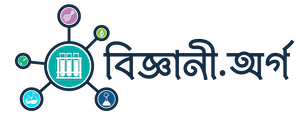
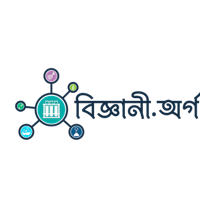
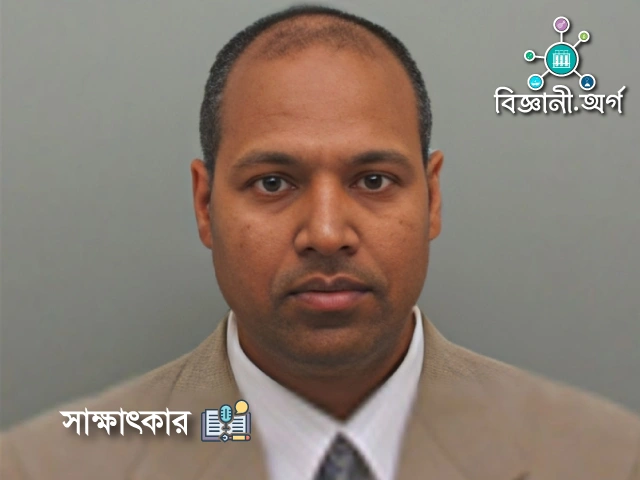


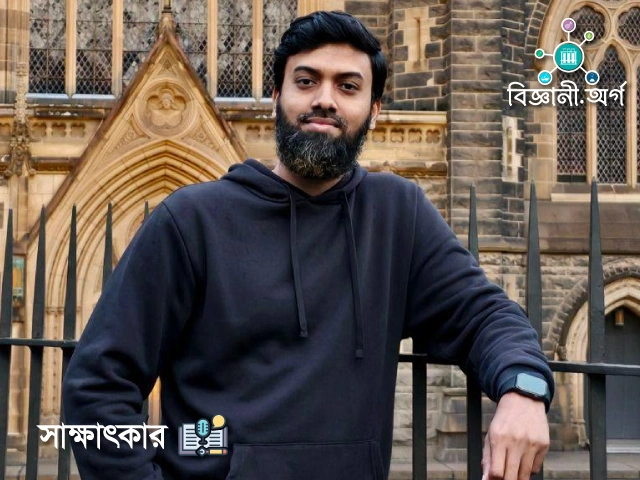
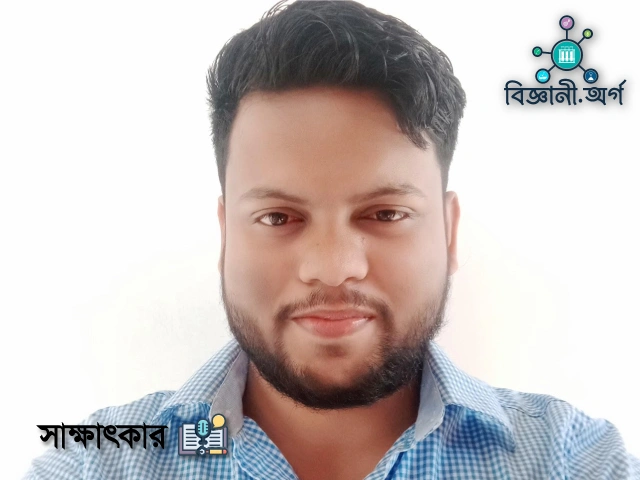
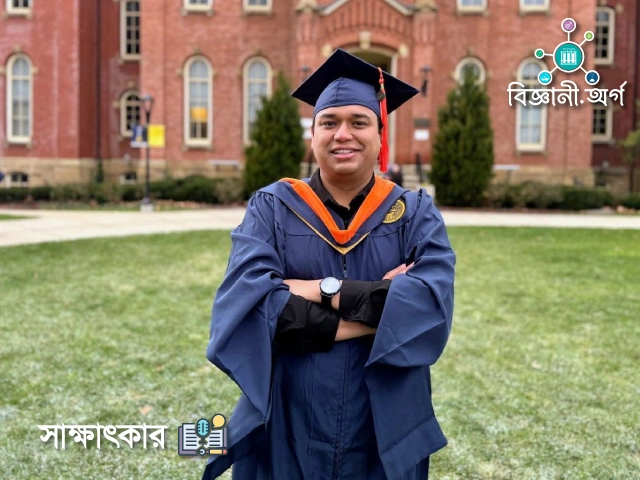
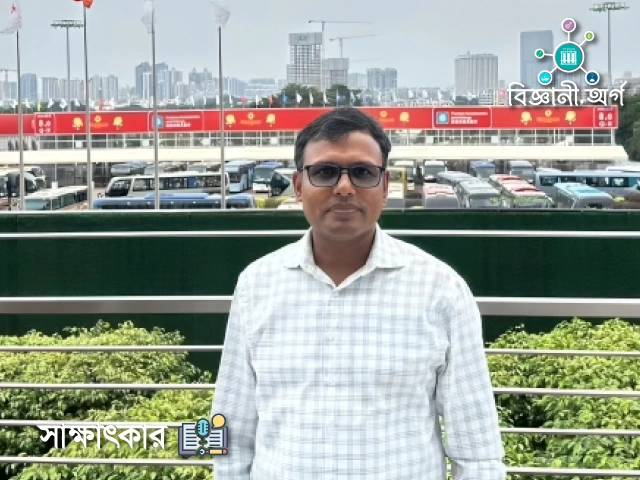

Greetings and congratulations!